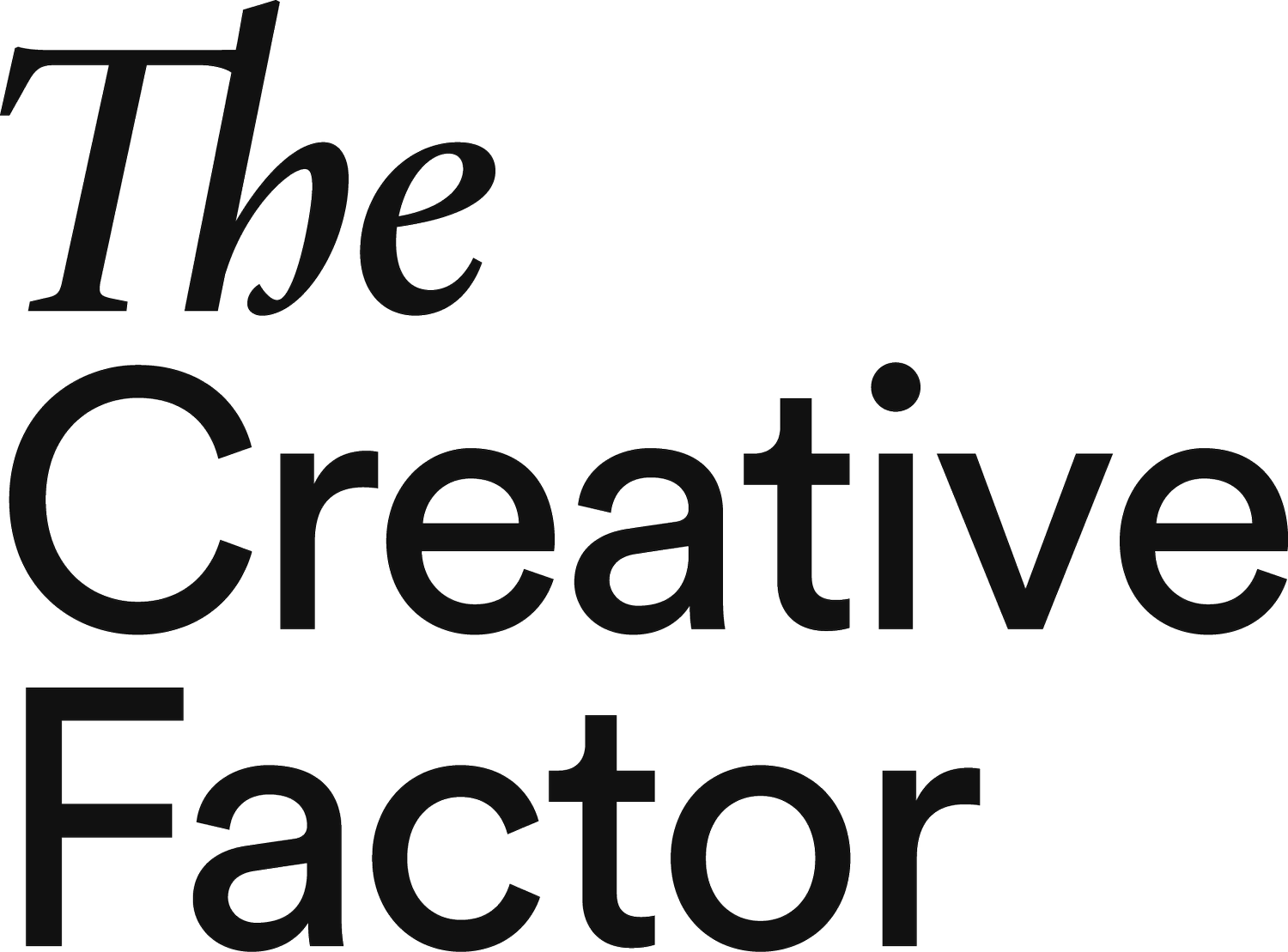10 Creative Truths From Writer Elizabeth Gilbert: A Creative Life is an Amplified Life
Elizabeth Gilbert explores the creative paradox in Big Magic. Image: Jennifer Schatten / Penguin Random House.
In her book, Big Magic: Creative Living Beyond Fear, writer Elizabeth Gibert (of Eat Pray Love fame) asks a question which all creative living hinges on: Do you have the courage to bring forth the treasures that are hidden within you? This question, by the way, can feel hokey and, in most hands, would signal the beginning of a disastrous, cliched, snooze fest of a book. But not so in Gilbert’s. She tells her story of making stuff for her entire adult life and weaves it into the paradoxes us creators experience on a daily basis: the feeling that what we make matters enormously, and it doesn’t matter at all; how we both are terrified and brave; how art is a crushing chore and a wonderful privilege. If we can make room for all of these paradoxes, writes Gilbert, we can make anything.
In this installment of the TCF Book Review, we share 10 of Gilbert’s creative truths on courage, enchantment, persistence, and more. Use them as you see fit.
“A creative life is an amplified life.”
“Human beings have been creative beings for a really long time—long enough and consistently enough that it appears to be a totally natural impulse. To put the story in perspective, consider this fact: The earliest evidence of recognizable human art is forty thousand years old. The earliest evidence of human agriculture, by contrast, is only ten thousand years old. Which means that somewhere in our collective evolutionary story, we decided it was way more important to make attractive, superfluous items than it was to learn how to regularly feed ourselves."
“You can measure your worth by your dedication to your path, not by your successes or failures.”
“I think society did a great disservice to artists when we started saying certain people were geniuses, instead of saying that they had geniuses. That happened around the Renaissance, with the rise of a more rational and human-centered view of life. The gods and mystery fell away, and suddenly we put all the credit and blame for creativity on the artists themselves—making the all-too-fragile humans completely responsible for the vagaries of inspiration. In the process we also venerated art and artists beyond their appropriate stations. The distinction of ‘being a genius’ (and the rewards and status often associated with it) elevated creators into something like a priestly caste—perhaps even into minor deities—which I think is a bit too much for mere mortals, no matter how talented. That’s when artists start to really crack, driven mad and broken in half by the weight and weirdness of their gifts.”
“…learning how to endure your disappointment and frustration is part of the job of a creative person…how you manage yourself between those bright moments, when things aren’t going so great, is a measure of how devoted you are to your vocation, and how equipped you are for the weird demands of creative living.”
“The creators who most inspire me are not necessarily the most passionate, but the most curious. Curiosity is what keeps you working steadily, while hotter emotions come and go.”
“…the golden rule in my family is this: If you’re supporting yourself financially and you’re not bothering anyone else, then you’re free to do whatever you want in your life.”
“My parents did whatever the hell they wanted to do with their lives, and they did it with a rather fabulous sense of insouciance. My father decided that he didn’t merely want to be a chemical engineer; he also want to be a Christmas tree farmer, and so in 1973 he went and did that. He moved us out to a farm, cleared some land, planted some seedlings, and commenced with his project. He didn’t quit his day job to follow his dream; he just folded his dream into his everyday life.”
“Hard work guarantees nothing in the realms of creativity. (Nothing guarantees anything in realms of creativity.) But I cannot help to think that devotional discipline is the best approach. Do what you love to do, and do it with both seriousness and lightness. At least then you will know that you have tried and that—whatever the outcome—you have traveled a noble path.”
“All I know for certain is that this is how I want to spend my life—collaboration to the best of my ability with forces of inspiration that I can neither see, nor prove, nor command, nor understand. It’s a strange line of work, admittedly. I cannot think of a better way to pass my days.”
Plus, check out the following pieces:

